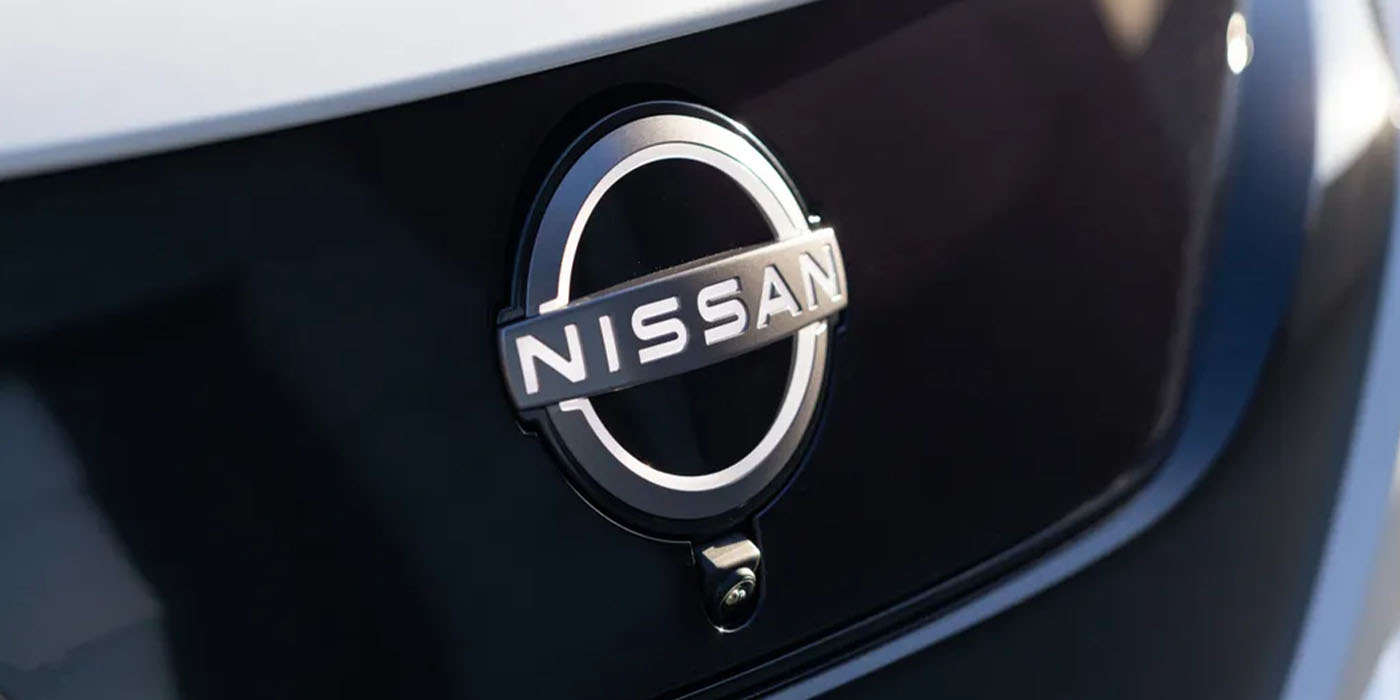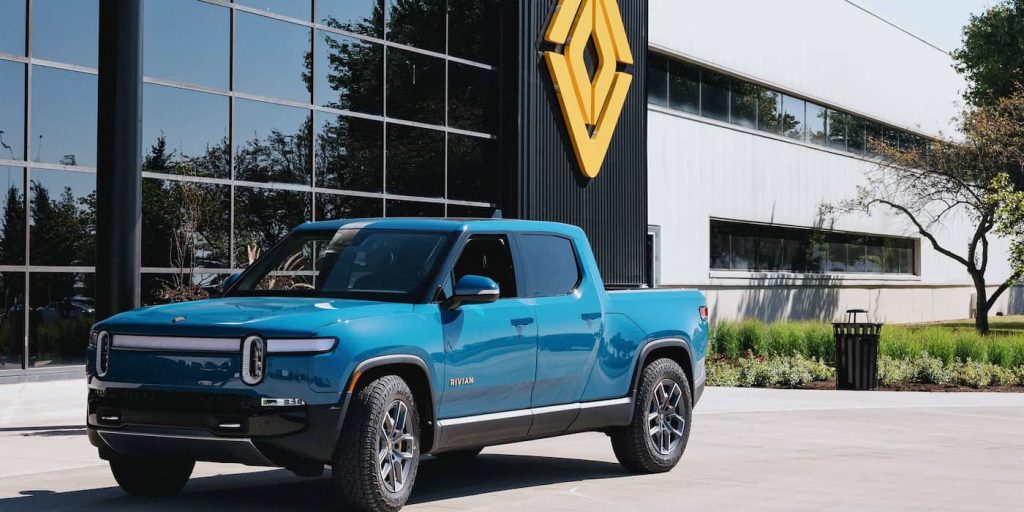
Following its delayed but long-anticipated battery guidance pertaining to federal EV tax credits, the US Treasury Department’s requirements are about to kick in, and it’s not great news for all prospective EV buyers. Beginning tomorrow, EVs from major automakers like BMW and Nissan will no longer qualify for any tax credits at the federal level, while Tesla’s base Model 3 is cut in half.
Update April 20: Rivian released the following statement pertaining to its two EVs models and federal tax credits in the US:
Rivian has submitted updated documentation to the IRS stating that its 2023 R1T and R1S models qualify for the critical minerals sourcing criteria within the Section 30D Clean Vehicle Tax Credit which took effect on April 18, 2023. We expect this eligibility to be reflected on the IRS website pending future updates.
According to the US government’s Fuel Economy website, the American automaker’s R1T pickup and R1S purchased after April 18, 2023, now qualify for up to $3,750 in potential tax credits.
Update April 19: As alluded to earlier this week, Volkswagen Group has submitted the necessary paperwork with the US Government and the following 2023 ID.4 models now qualify for up to $7,500 in credits:
- ID.4 and ID.4 S
- ID.4 Pro, ID.4 Pro S, ID.4 Pro S Plus
- AWD ID.4 Pro, AWD ID.4 Pro S, AWD ID.4 Pro S Plus
Following a nearly four-month delay, the US Treasury Department shared its guidance earlier this month, outlining what parameters automakers must comply with in terms of battery component assembly and respective materials in order for their EVs to qualify for federal tax credits.
Beginning April 18, EV manufacturers must ensure that battery-critical minerals used in vehicles assembled in North America are also “extracted or processed in the US or any country with which the US has a free trade agreement” or recycled in North America. Like the EV themselves, battery components must also be “manufactured or assembled in North America.”
Each of the two newly enforced qualifying factors account for $3,750 in EV tax credits, combining for the total $7,500. Even before the battery guidance was revealed, several global automakers began scrambling to erect or repurpose US manufacturing facilities to enable local EV production.
Some of those automakers (like Rivian, for instance) are already American-made, while others, like Volkswagen, have had local plants for years. In that sense, we thought it was safe to assume those automaker’s EVs would continue to qualify for federal tax credits.
However, according to the US government, a slew of previously qualifying EVs are about to be cut (at least for now) because of the battery guidance going into effect. Here’s the latest.

Battery guidance puts huge hit on EV tax credits in US
We’ve been aware of the battery guidance from the US Treasury for a few weeks now and have known those requirements will take effect on April 18. However, automakers aren’t generally super open about how and where they source all their materials, so it remained unclear which EVs may or may not still qualify for the tax credit.
Some automakers like GM, for example, have come out publicly and shared that all their EVs will still qualify for the full $7,500 EV tax credit. Others have remained quiet, leaving us guessing. Today, the government has made things a lot clearer… and more disheartening for those consumers looking to purchase a new Rivian or Nissan LEAF with hopes of getting a $7,500 kickback.
This morning, the US Treasury stated the following models will lose their EV tax credit status beginning tomorrow. Here’s the latest wave of EVs being cut:
- Audi (VW Group)
- Q5 TFSI e Quattro (PHEV)
- BMW
- 330e (PHEV)
- X5 xDrive45e (PHEV)
- Genesis (Hyundai Motor Group)
- Volvo
- S60 (PHEV)
Additionally, the US government states that the Standard Range RWD Tesla Model 3 will now only qualify for up to $3,750 in federal EV tax credits. Other trims of the Model 3 and the Tesla Model Y will still qualify for up to the full $7,500 EV tax credit.
Top comment by Casey
The way this is worded is a bit confusing. I understand that Rivian would lose the full $7,500 credit due to the battery requirements, but assuming the MSRP is under $80K, would they not still qualify for $3,750?
Now that they have been cut, that isn’t to say those EVs can’t once again qualify for federal EV tax credits. Volkswagen Group has already come out and said it is “fairly optimistic” that the ID.4 will qualify. The automaker is merely awaiting the proper documentation from a supplier.
Additional automakers like Stellantis expect their electric models to qualify for at least half of the tax credit, and the Treasury has confirmed as much.
Hyundai Motor Group expressed commitment to long term EV plans as it is currently constructing a new US production facility to eventually produce vehicles that will once again qualify for EV tax credits.
This story is ongoing and the list of qualifying EVs should continue to evolve in the coming weeks as the battery guidance kicks in and automakers submit the necessary paperwork (or not) to try and requalify. As always, we will continue to keep this list up to date for you.
FTC: We use income earning auto affiliate links. More.
Comments